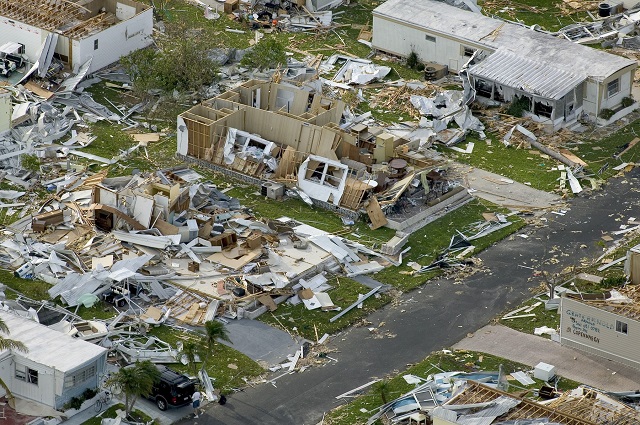News Story
(Below is a backup copy of the original article with as much credit to the publisher as well as the author that we can provide. By no means do we mean to violate any copyright laws. This page is appearing because someone indicated that the original story was unavailable.)
Ramadan has become personal for this Christian mom
The smell of cumin, nutmeg, cardamom, coriander and cinnamon filled my kitchen on Thursday night as my daughter cooked an iftar meal after the first day of Ramadan fasting. She and her husband, a Muslim man from Saudi Arabia, currently live with us as they prepare to buy their first home. It has been a wonderful opportunity for us to learn more about Islam.
My son-in-law, Hassan, told me that in Saudi Arabia, they would begin their early morning meal and their evening meal by eating dates. There are several reasons for this. One tradition holds that the Prophet Muhammad would begin his iftar by eating three dates and drinking water. Dates also provide a boost in blood sugar, and due to their high nutritional value, they can be used to help regulate blood sugar in people with diabetes. Some studies say they might even help women go into labor.
Living in Saudi Arabia, Hassan would attend mosque every night. Here, where there’s not a mosque on every corner, he will drive to services about an hour away, several times a week. Part of the beauty of Ramadan is the shared experience within one’s community, a season of forgiveness and compassion.
RELATED
Official new pamphlet aims to help Latter-day Saints understand, treat Muslims better
Ramadan, as I’ve learned, occurs during the ninth month of the Islamic calendar. Because the calendar is lunar, and different than the Gregorian calendar most of us are used to, the dates of Ramadan shift by about 10 days every year. According to NPR, “Muslims believe that this is the month in which God revealed the first verses of the Quran to Muhammad.â€
Report ad
For the 30 days of Ramadan, observant Muslims abstain from food and drink, including water, from sunup to sundown. There can be additional restraints as well, including kissing one’s partner during fasting hours or chewing gum. The long hours of doing without remind observers of others who are less fortunate, those who may never have a large iftar meal, or who can’t go get a drink of clean water from a tap. There are some exceptions, of course: pregnant and nursing mothers, young children, the elderly and those who are ill.
Usually accompanying the observance of Ramadan is zakat, or giving to those less fortunate. Zakat is considered one of the Five Pillars of Islam, which are faith, prayer, almsgiving (zakat), fasting and where possible, hajj, or pilgrimage to Mecca.
RELATED
The rhythms of Ramadan
Is corporate America ready for Ramadan?
Recognition of Ramadan and accommodations for fasting are growing. A couple of English sports leagues will stop play at sunset to allow for Muslim athletes to break their fasts. U.S. businesses are becoming more supportive and aware of their employees who observe Ramadan, and schools are being more aware of fasting implications for their students.
Still, anti-Muslim bias remains high. Dalia Fahmy, the chair of International Relations and Diplomacy at Long Island University, spoke at BYU a couple of years ago. She told attendees that 76% of Americans have negative associations with the terms Muslim and Islam. Islamophobia has become a political strategy and a business, she said. “The birth of the Islamophobia industry — $50 million a year to tarnish the image of Islam in the West as anti-West, anti-women, antisemitic, anti-justice, angry and anti-everything — is a business.â€
However, Fahmy noted that there is one key thing that drops that 76% down to 30%. That magic formula is knowing and interacting with someone who is Muslim. As we do, we come to realize we “all want our kids to go to school and grow up and be healthy and we’re civic-minded and we care about the environment.â€
On April 1, our family will be attending a Unity Iftar sponsored by the Utah Muslim Civic League, Al Maida, an organization supporting Muslim youth in Utah, and Hope Humanitarian, a nonprofit organization that works with vulnerable populations around the world. We welcome opportunities to interact with not only our son-in-law, but the broader Muslim community in Utah and around the world. As Ramadan concludes toward the end of April, we will also celebrate Eid al-Fitr and we will do it with a brand-new grandbaby who is due smack in the middle of this year’s most holy month. We are so blessed.
Holly Richardson is the editor of Utah Policy.

